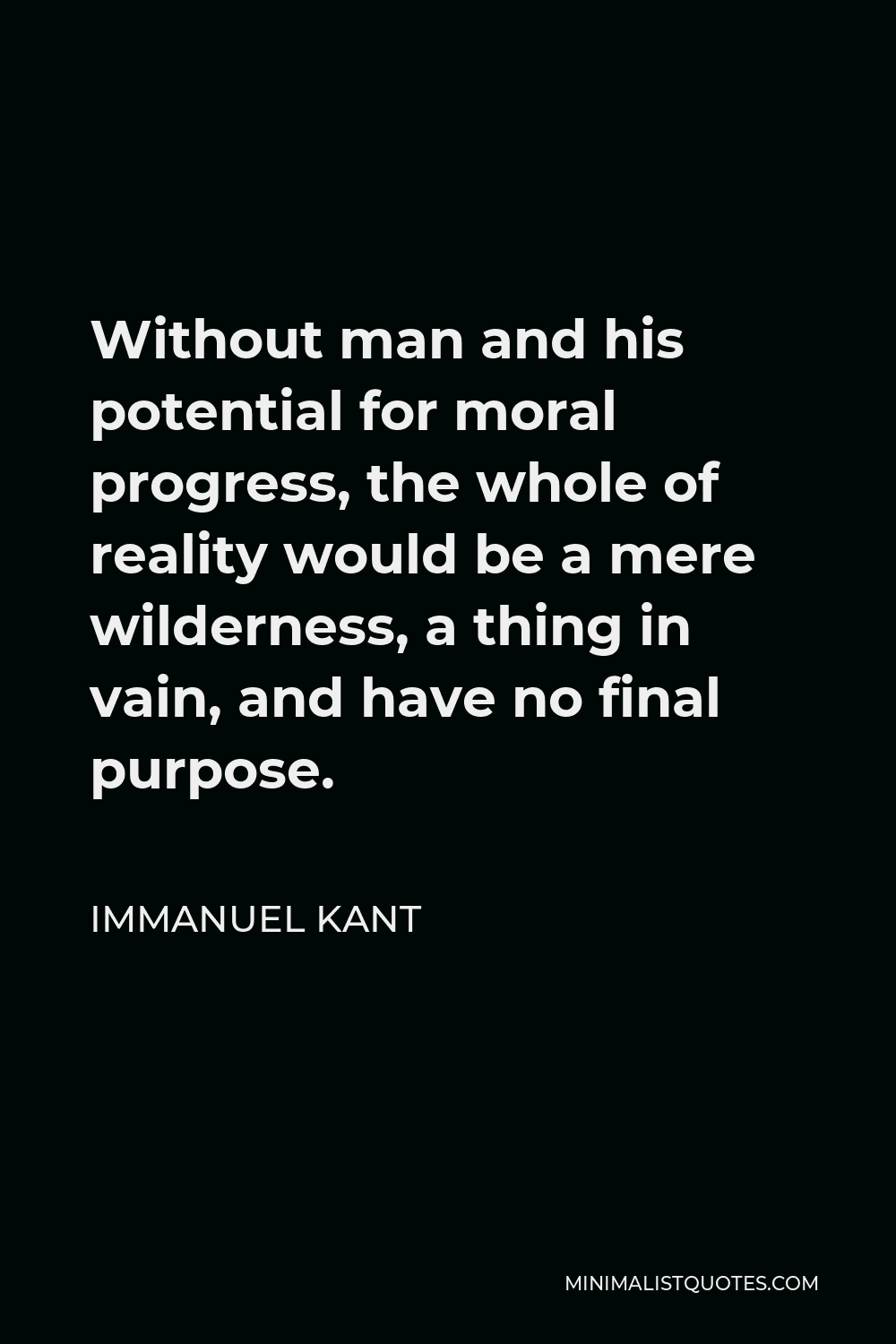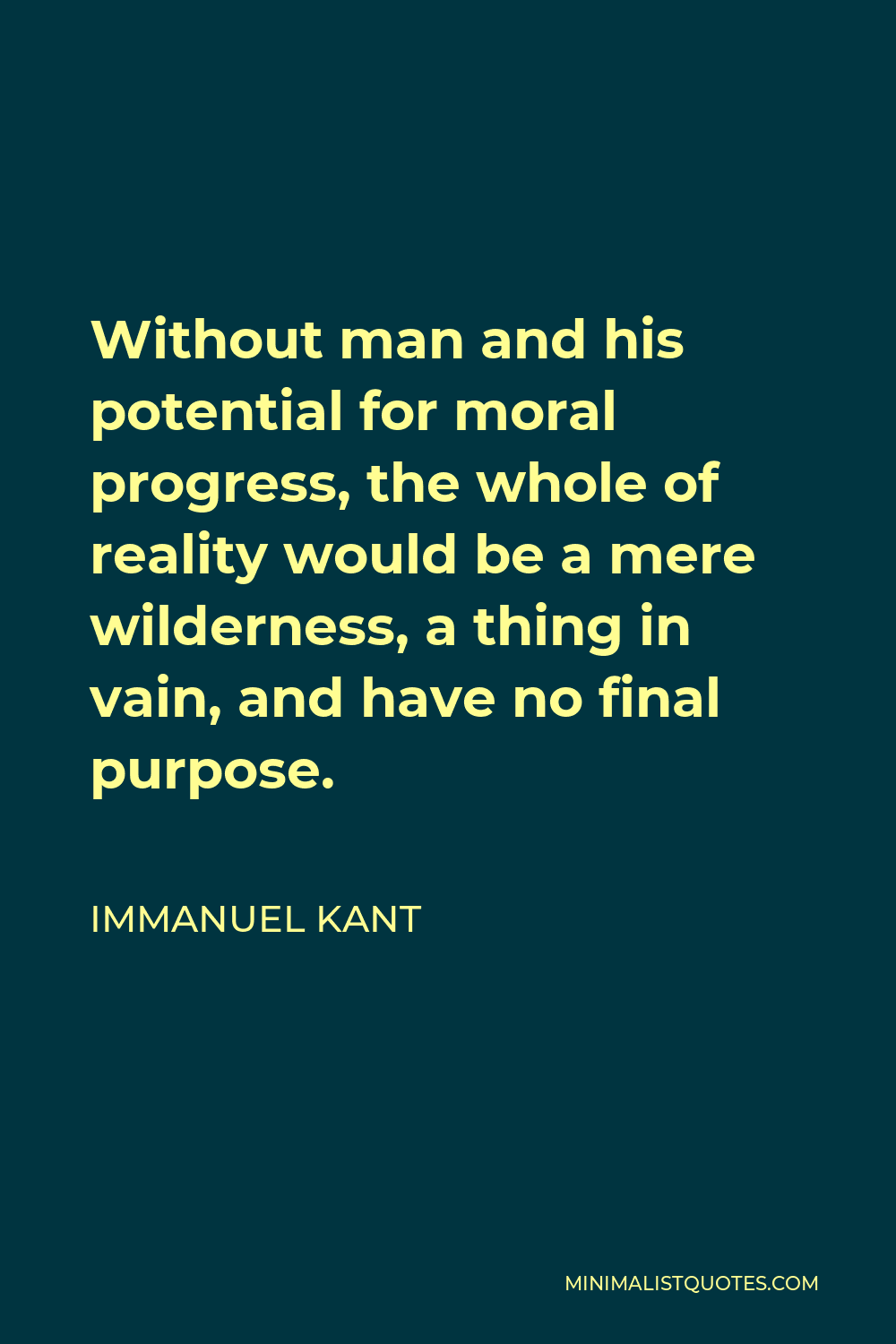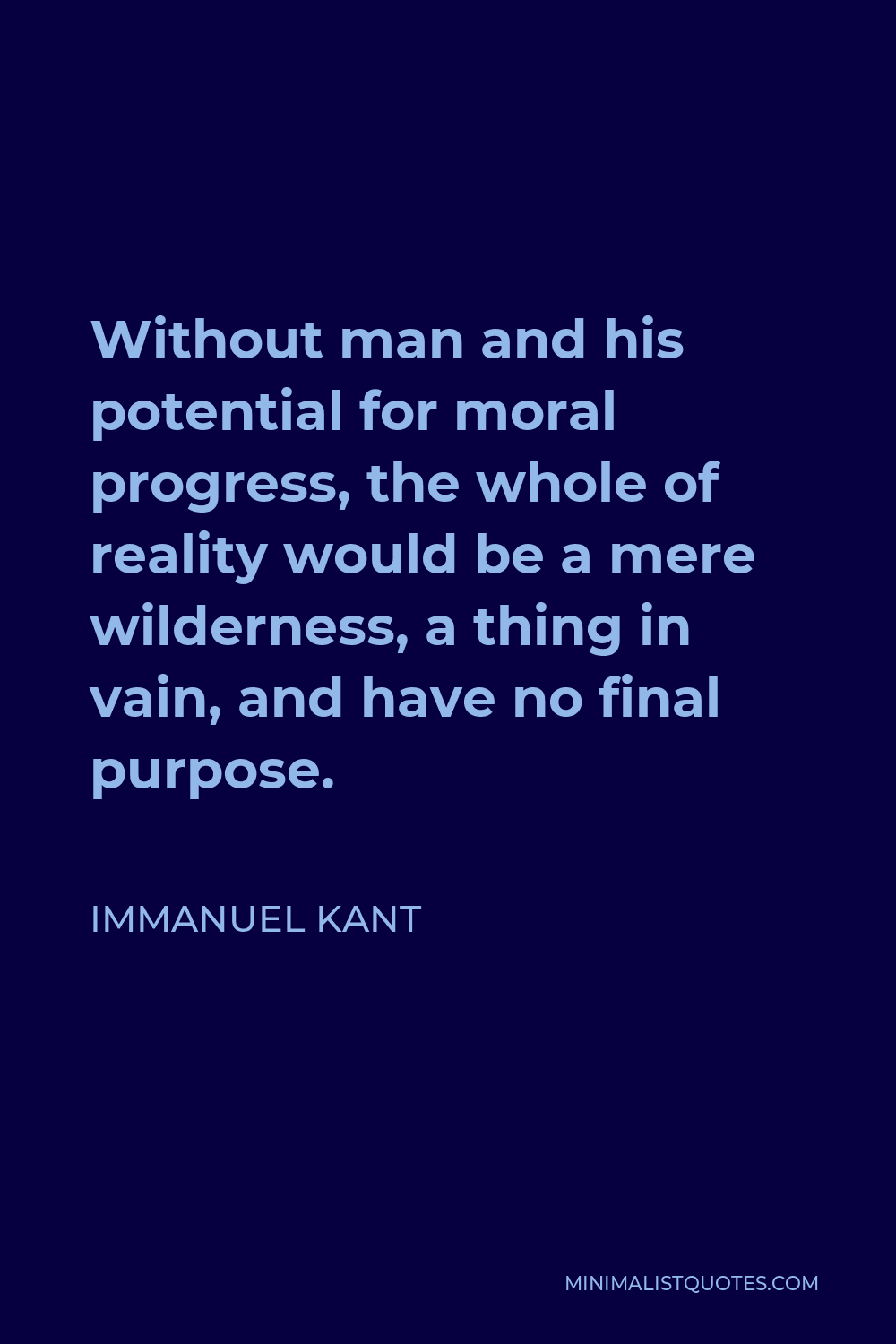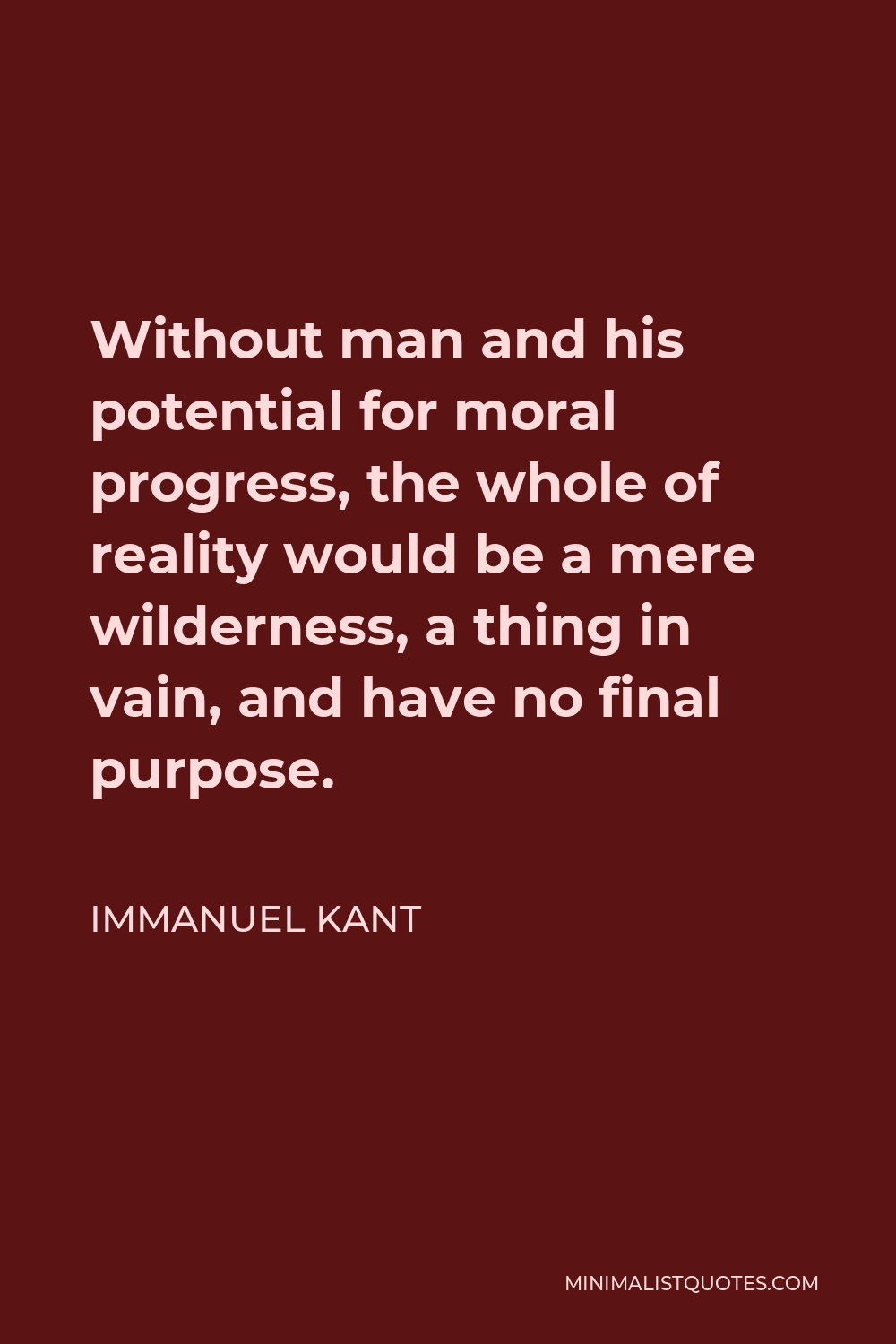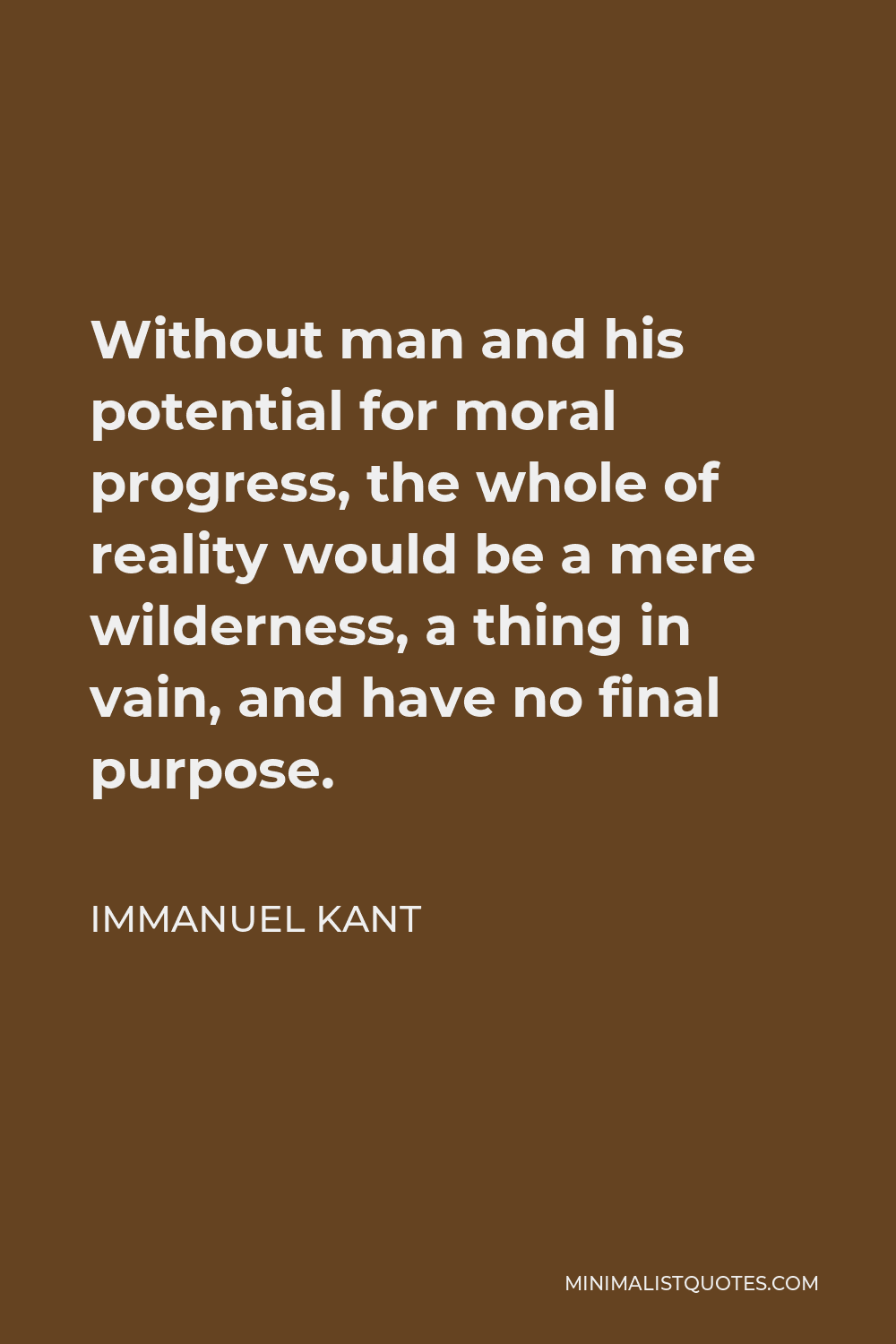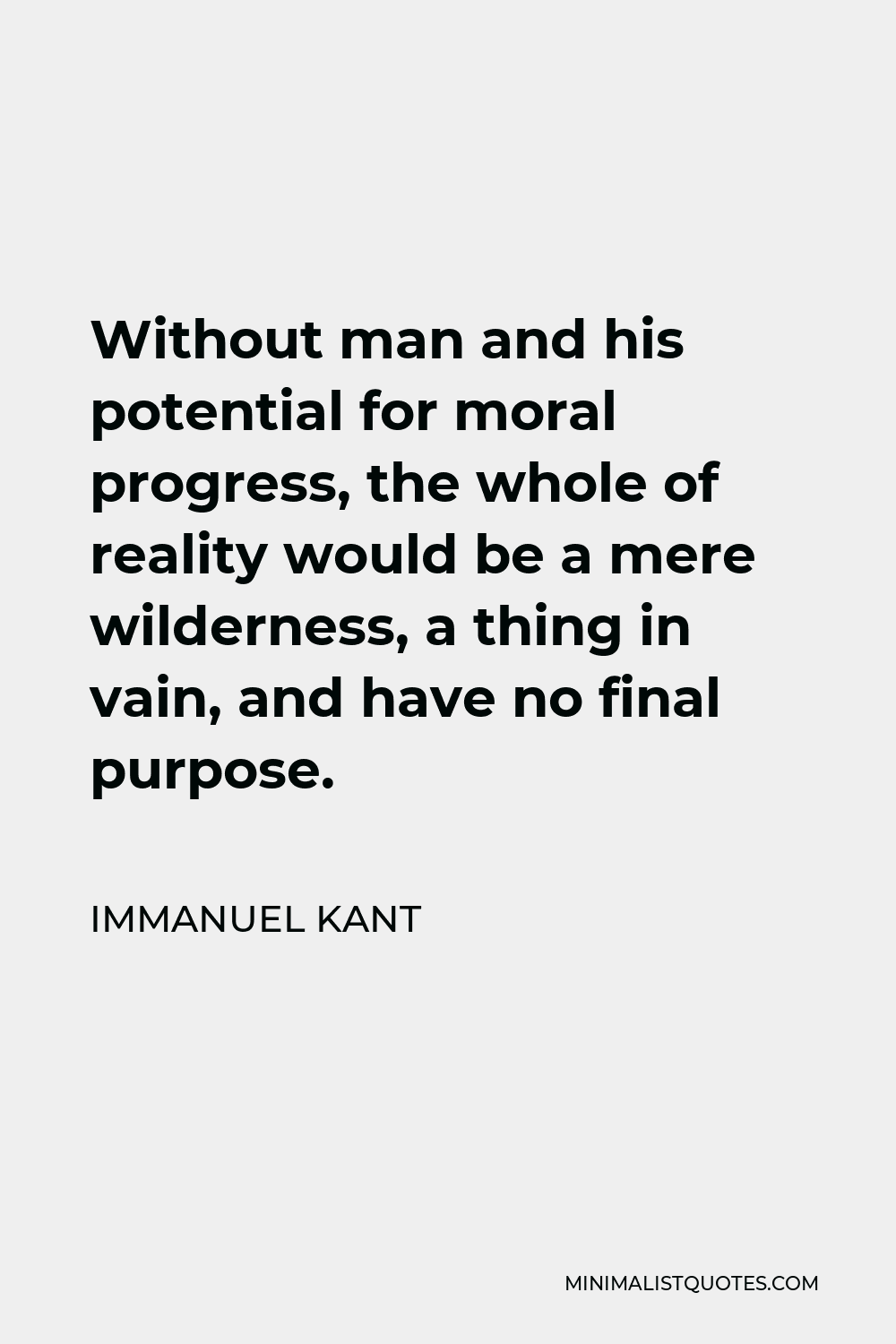War seems to be ingrained in human nature, and even to be regarded as something noble to which man is inspired by his love of honor, without selfish motives.
IMMANUEL KANTWithout man and his potential for moral progress, the whole of reality would be a mere wilderness, a thing in vain, and have no final purpose.
More Immanuel Kant Quotes
-





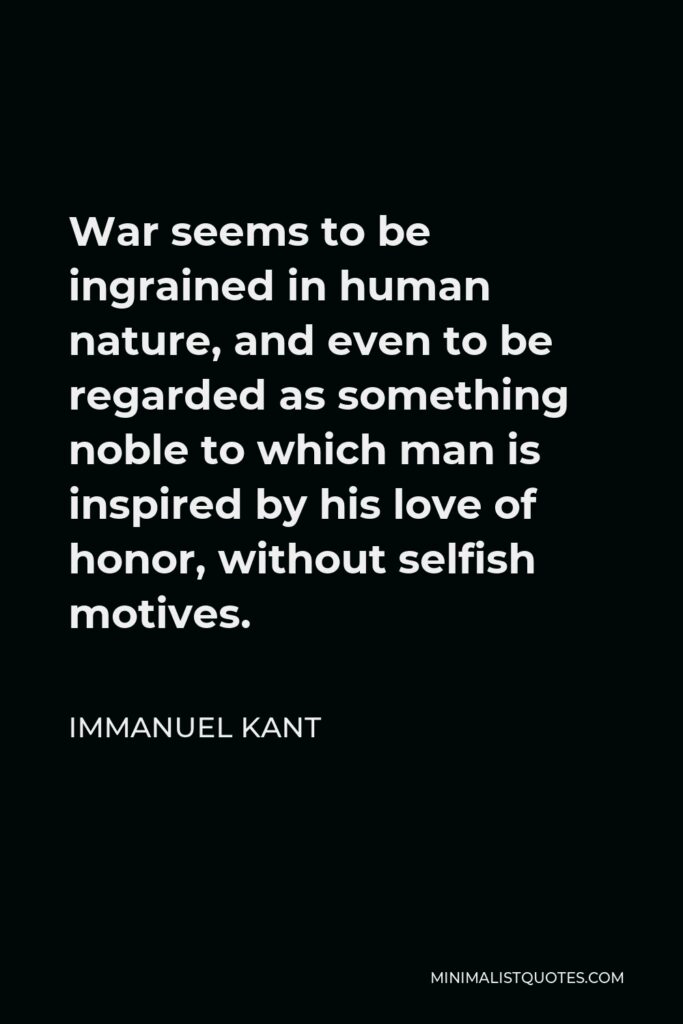

-





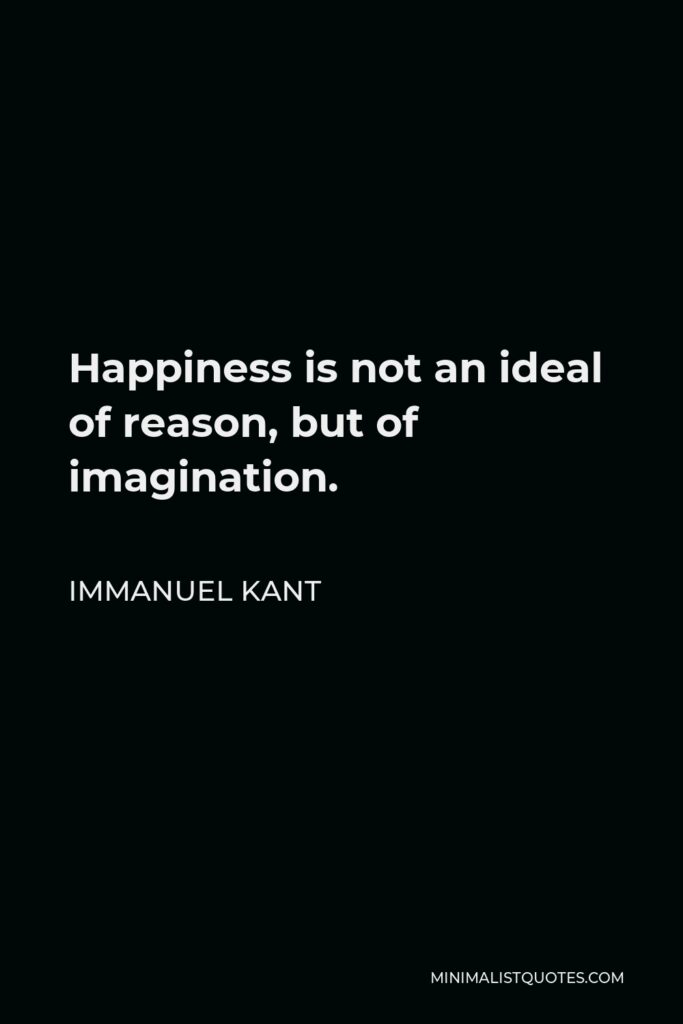

Happiness is not an ideal of reason, but of imagination.
IMMANUEL KANT -





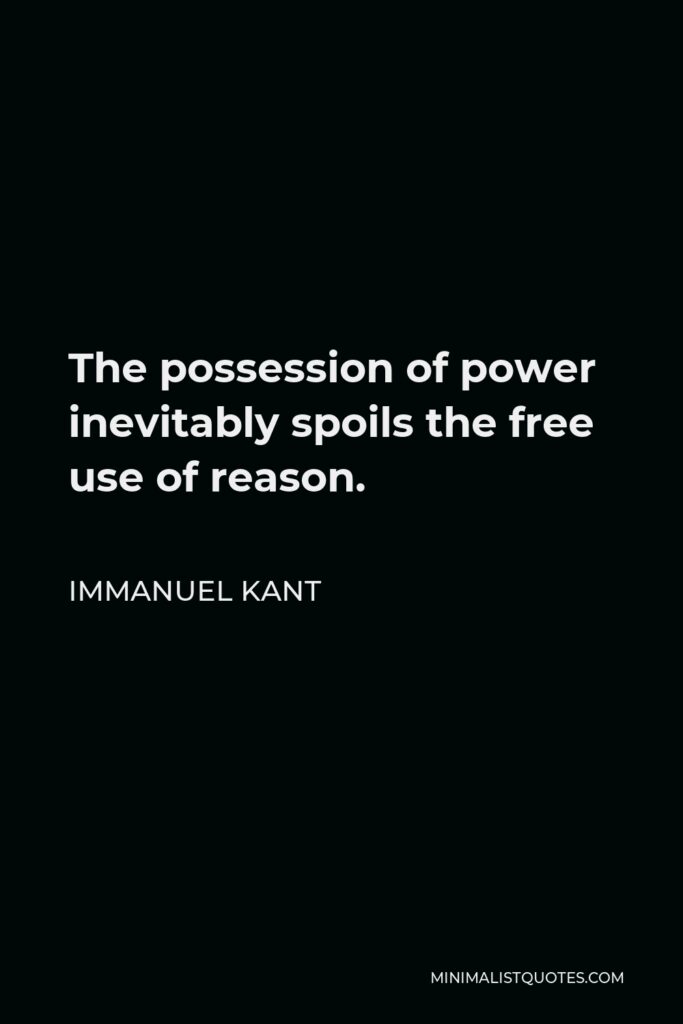

The possession of power inevitably spoils the free use of reason.
IMMANUEL KANT -





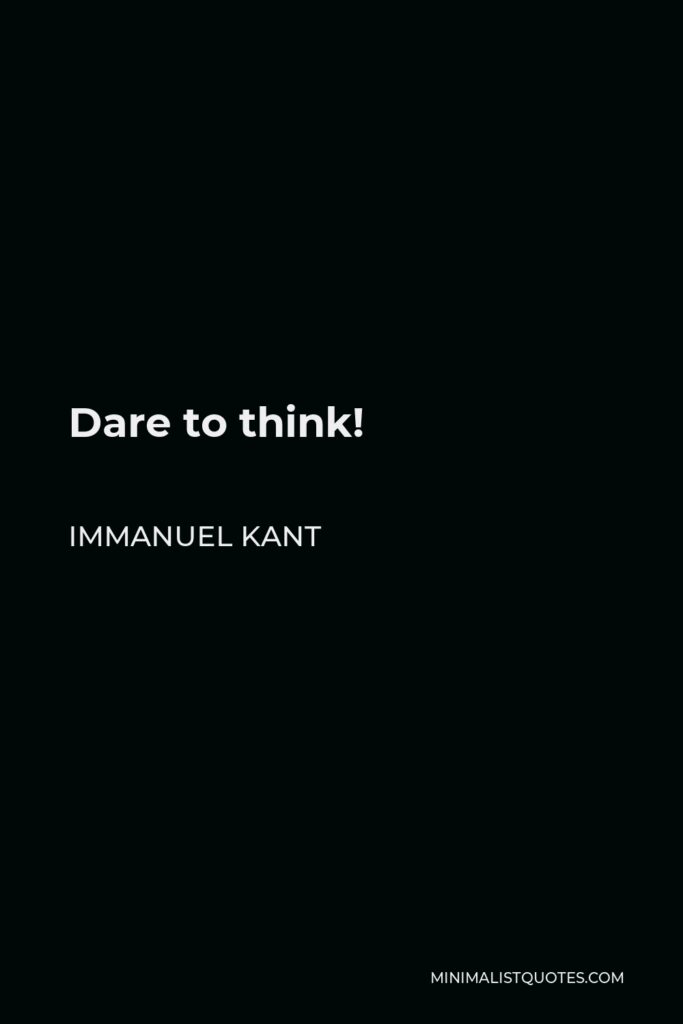

Dare to think!
IMMANUEL KANT -





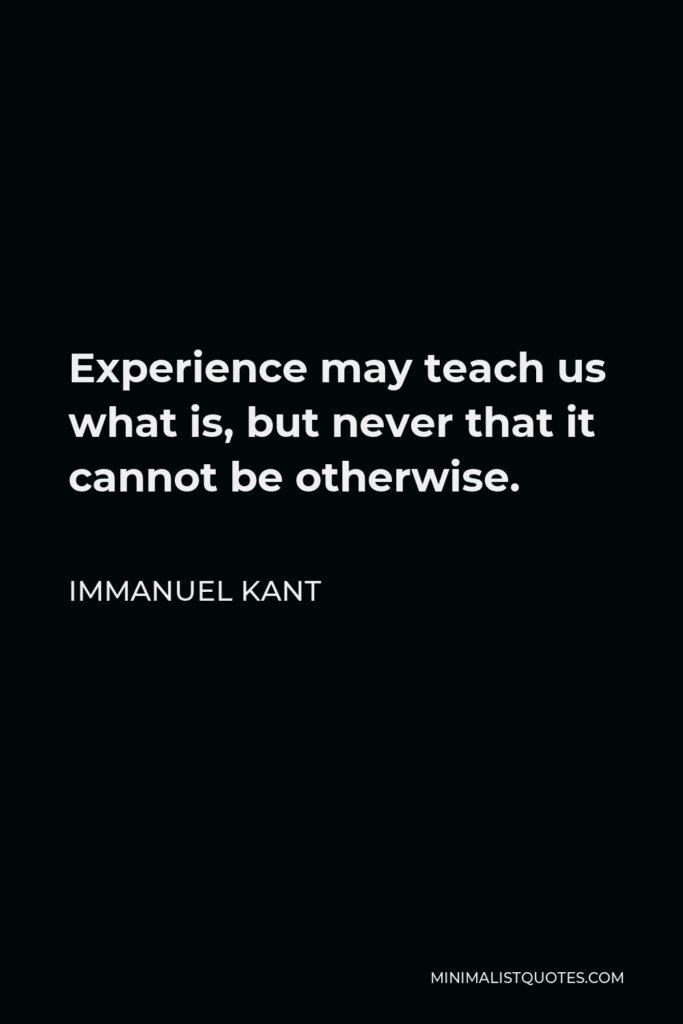

Experience may teach us what is, but never that it cannot be otherwise.
IMMANUEL KANT -





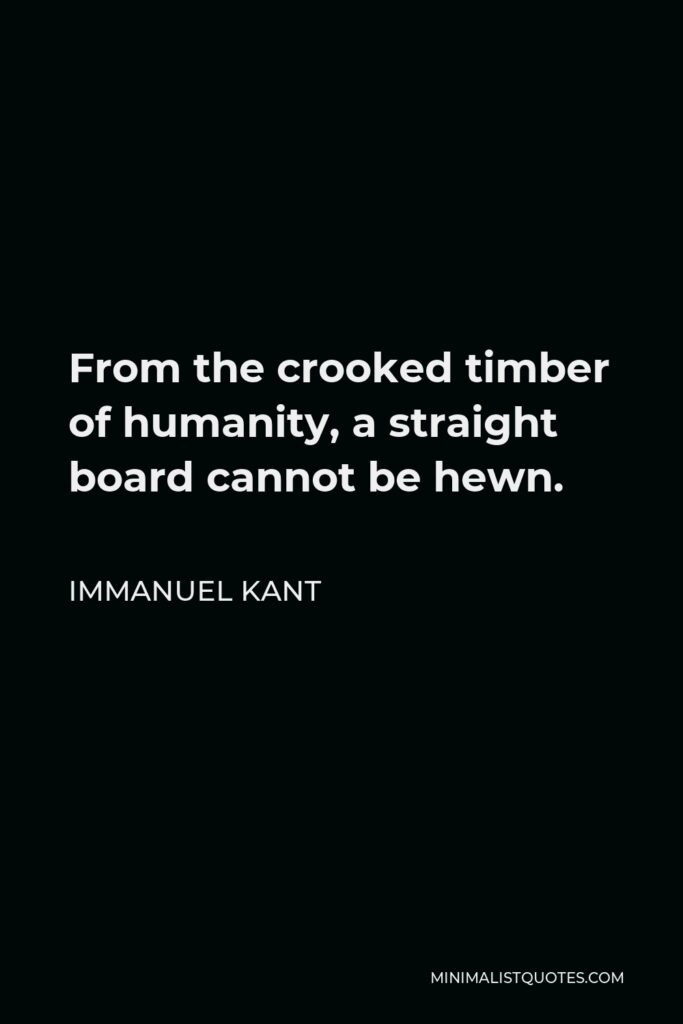

From the crooked timber of humanity, a straight board cannot be hewn.
IMMANUEL KANT -





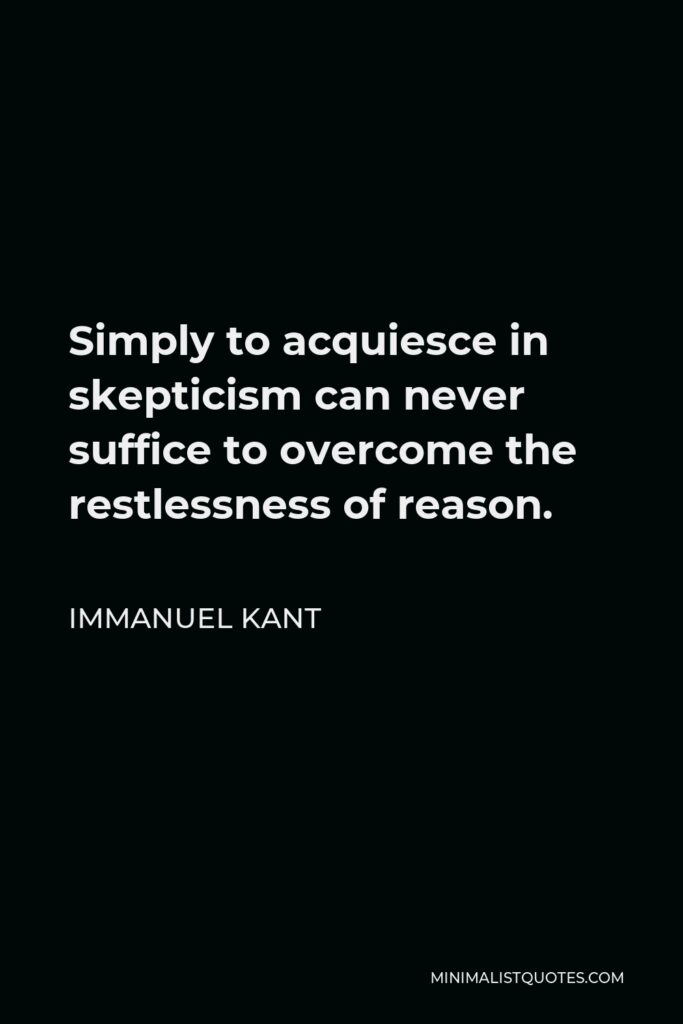

Simply to acquiesce in skepticism can never suffice to overcome the restlessness of reason.
IMMANUEL KANT -





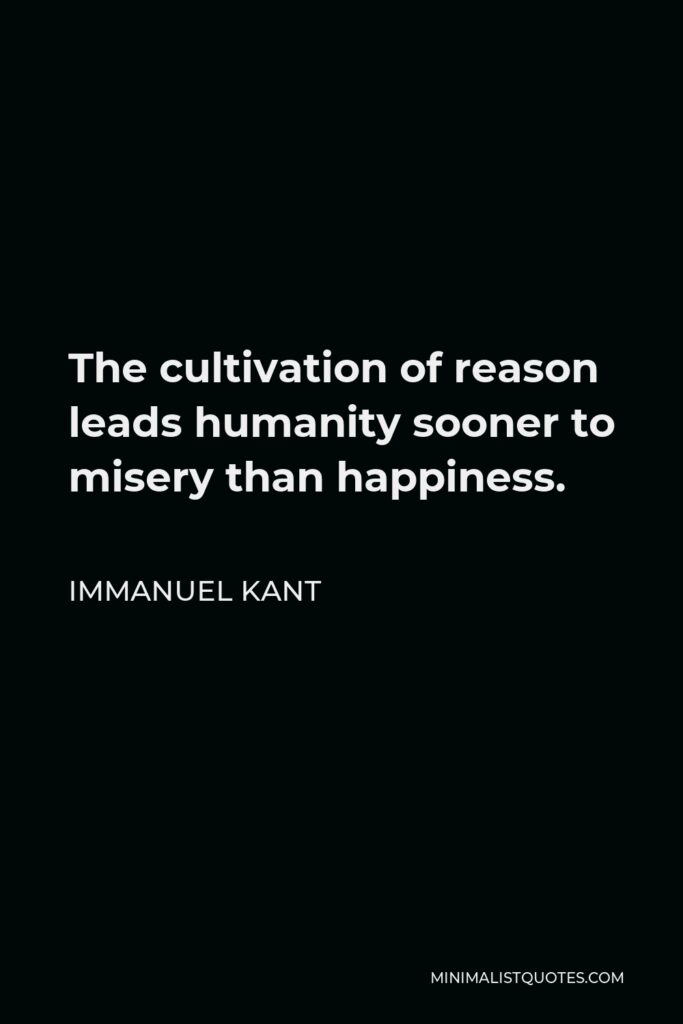

The cultivation of reason leads humanity sooner to misery than happiness.
IMMANUEL KANT -





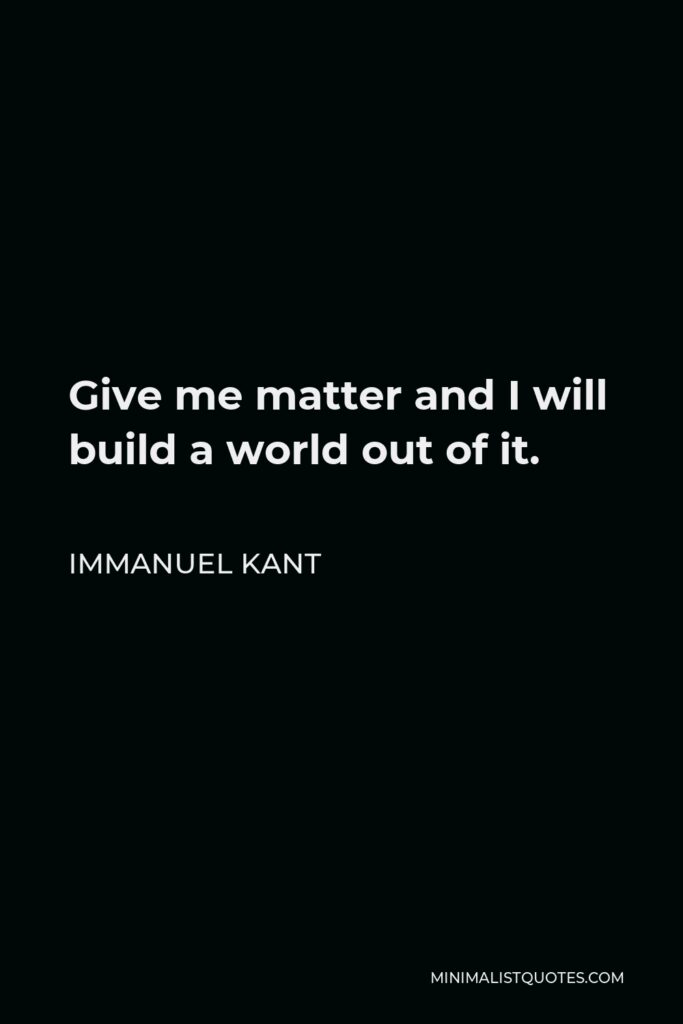

Give me matter and I will build a world out of it.
IMMANUEL KANT -





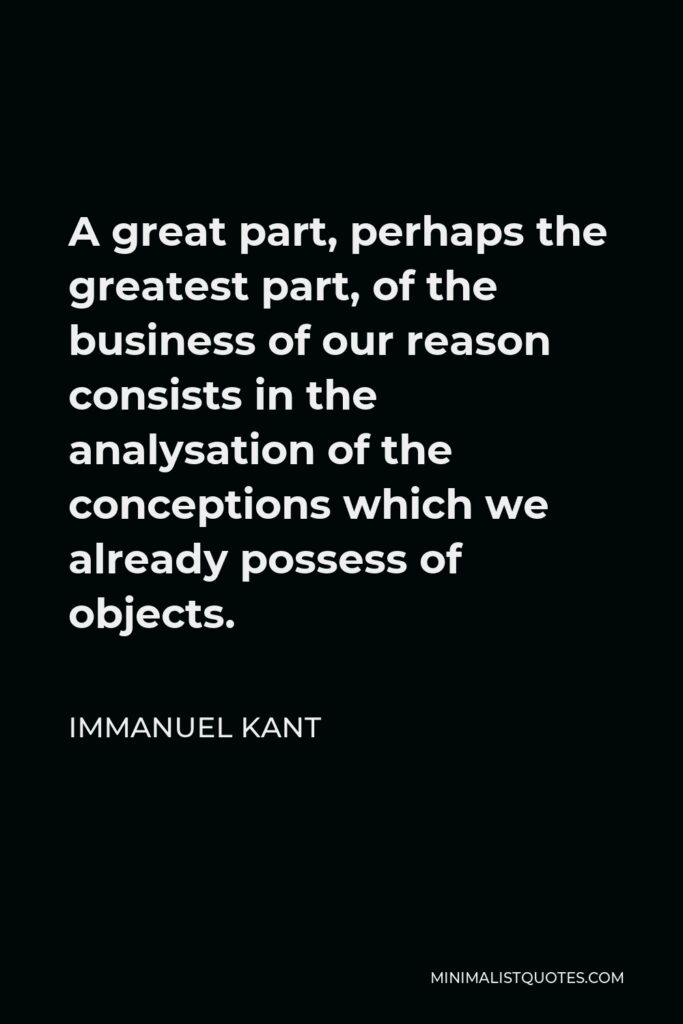

A great part, perhaps the greatest part, of the business of our reason consists in the analysation of the conceptions which we already possess of objects.
IMMANUEL KANT -





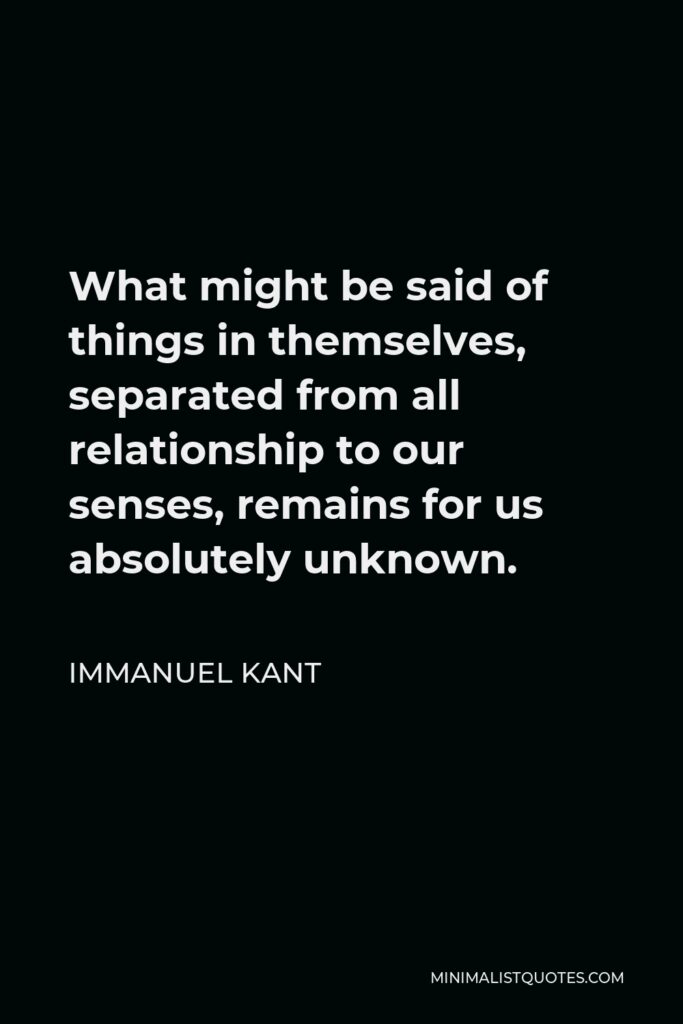

What might be said of things in themselves, separated from all relationship to our senses, remains for us absolutely unknown.
IMMANUEL KANT -





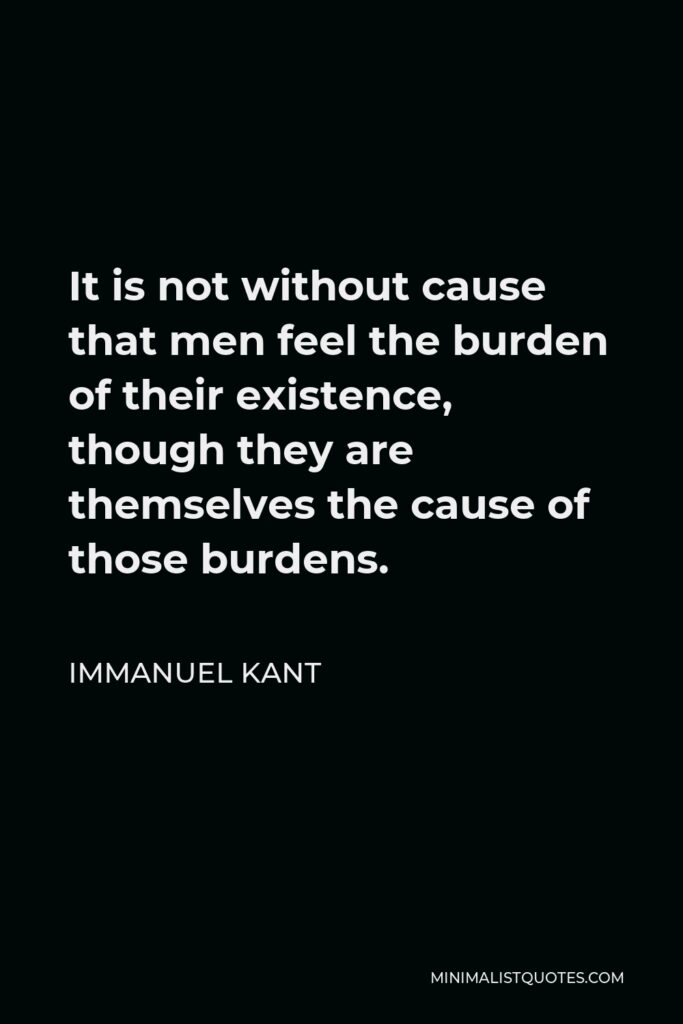

It is not without cause that men feel the burden of their existence, though they are themselves the cause of those burdens.
IMMANUEL KANT -







One who makes himself a worm cannot complain afterwards if people step on him.
IMMANUEL KANT -





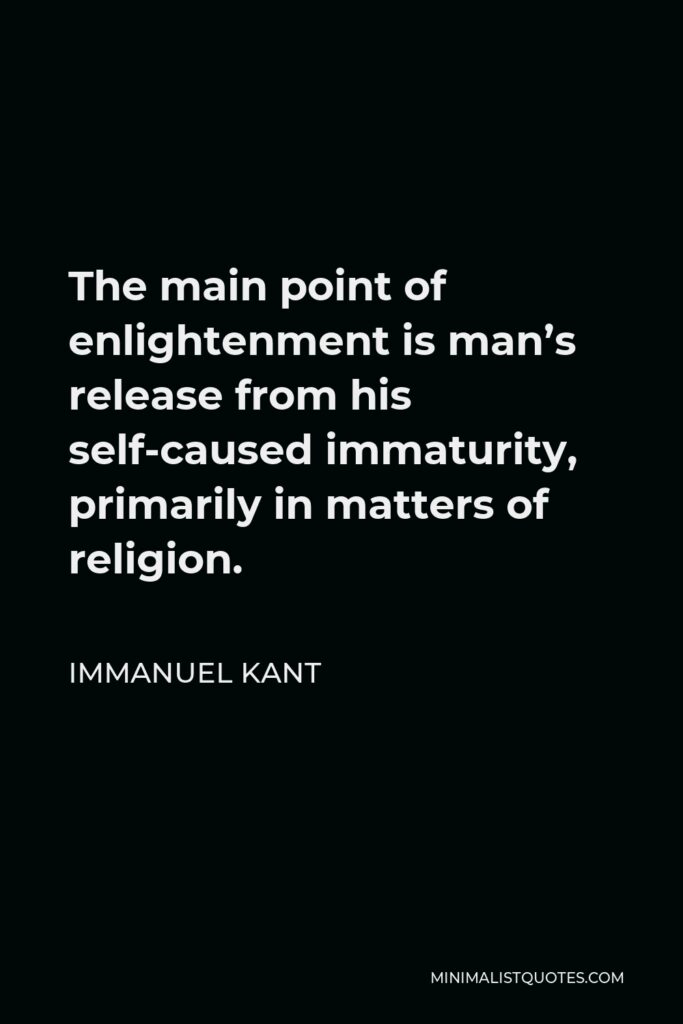

The main point of enlightenment is man’s release from his self-caused immaturity, primarily in matters of religion.
IMMANUEL KANT -







Have patience awhile; slanders are not long-lived. Truth is the child of time; erelong she shall appear to vindicate thee.
IMMANUEL KANT -





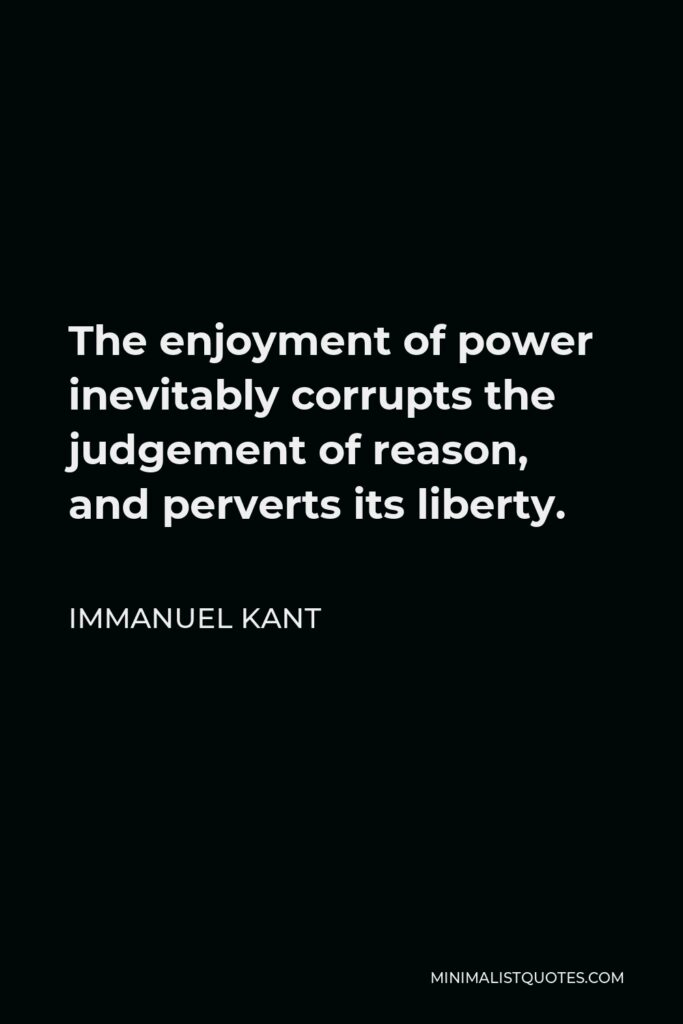

The enjoyment of power inevitably corrupts the judgement of reason, and perverts its liberty.
IMMANUEL KANT
